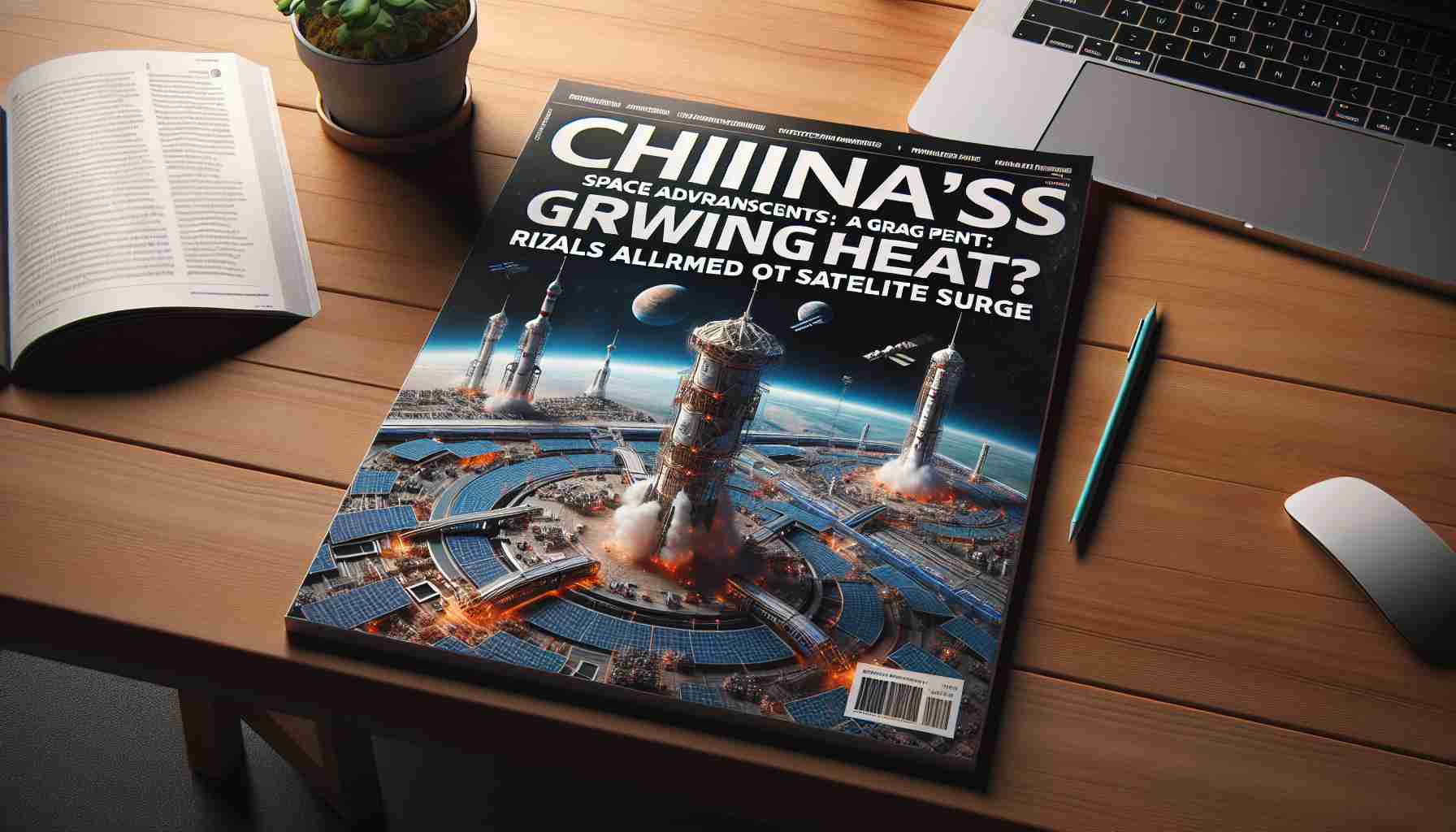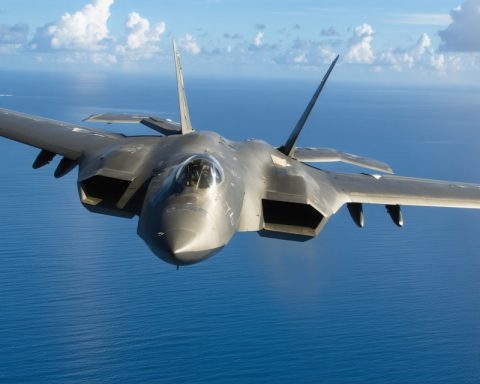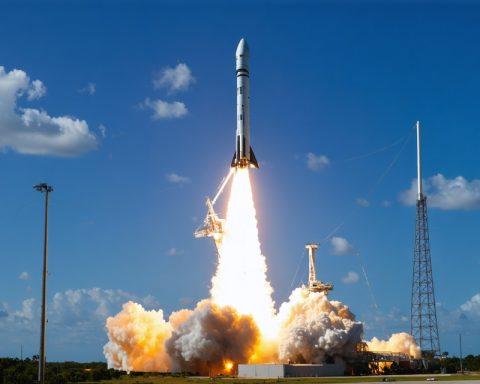U.S. Military Raises Concerns Over Chinese Satellite Expansion
In a recent address from Yokota Air Base in Japan, a senior U.S. military official highlighted the expanding role of China in the realm of military space technology. The advance in Chinese satellite capabilities is perceived as a significant challenge to U.S. and allied operations, particularly concerning their ability to track and potentially target terrestrial assets and aircraft carriers.
The U.S. Space Forces Indo-Pacific Commander underscored the rapid development of China’s military space infrastructure over the past decade. These advancements include investments in various technologies that form what experts call a “long-range kill chain,” an integrated approach to identify and engage targets at vast distances.
China’s strides in capabilities like anti-satellite missiles underscore their commitment to strengthening their strategic position in space, with potential implications for global military balance. The commander pointed out the necessity for the U.S. and its allies to closely monitor these developments to maintain security in the Indo-Pacific region.
The growing fleet of Chinese satellites forms a key component of this strategy, enabling enhanced surveillance and tracking capabilities that could undermine the technological edge traditionally held by the U.S. military.
This development reflects a broader trend of increasing competition in space, where technological prowess is becoming a central aspect of national defense strategies. The U.S. military’s acknowledgment serves as a reminder of the dynamic and evolving nature of global military affairs in the 21st century.
How China’s Satellite Boom Could Shift Global Power Dynamics
In the rapidly evolving theater of space technology, China’s aggressive expansion in satellite capabilities represents a significant shift that could influence global military and defense strategies. The extensive growth of Chinese satellite infrastructure suggests strategic imperatives that may disrupt traditional balances of power.
Technological Innovations and Strategic Implications
China’s investments in satellite technology signify a robust drive towards achieving a sophisticated “long-range kill chain.” This term relates to their ability to detect, track, and potentially neutralize targets over vast distances, presenting a strategic tool in military operations. As China’s satellite capacity grows, the implications are far-reaching, affecting how nations cooperate, compete, or conflict in the space domain.
Key Features of China’s Satellite Expansion
– Advanced Surveillance: China’s satellite technology enhances its ability to carry out surveillance and reconnaissance, potentially offering detailed monitoring over terrestrial and maritime domains.
– Communication Optimization: Improved satellite systems bolster China’s communication networks, essential for global operations and military cohesion.
– Anti-Satellite Capabilities: The development of anti-satellite technologies positions China to challenge or disable opponents’ space assets—a strategic advantage in times of conflict.
Potential Controversies and Global Reactions
The expansion of China’s satellite network has sparked varied responses globally, stirring debates about militarization in space. Critics argue this progression could prompt an arms race in space technology, escalating tensions among major powers. Conversely, proponents might view it as a natural evolution of national defense strategies.
Comparisons and Global Positioning
When compared to other international players in space technology, China’s advancements illustrate a significant closing of the gap traditionally enjoyed by nations like the United States. This poses strategic questions about the future interplay between these space-faring nations and how alliances will shift based on technological capabilities.
Pros and Cons for the Global Military Landscape
Pros:
– Enhanced global connectivity and data sharing
– Potential for new international collaborations in space exploration
Cons:
– Heightened risk of military confrontations in space
– Challenges to existing global security frameworks
Monitor Transformational Trends
As the competition in space heats up, monitoring key trends becomes crucial for global powers. Nations will need to anticipate changes and adapt their strategies to safeguard their interests without compromising international security.
For more insights into global military trends and space technology, visit the U.S. Space Force and Global Times websites.







